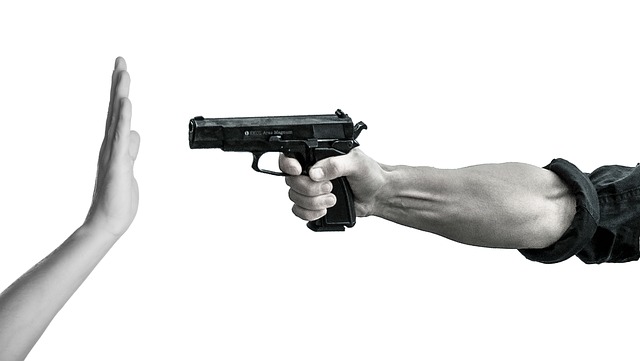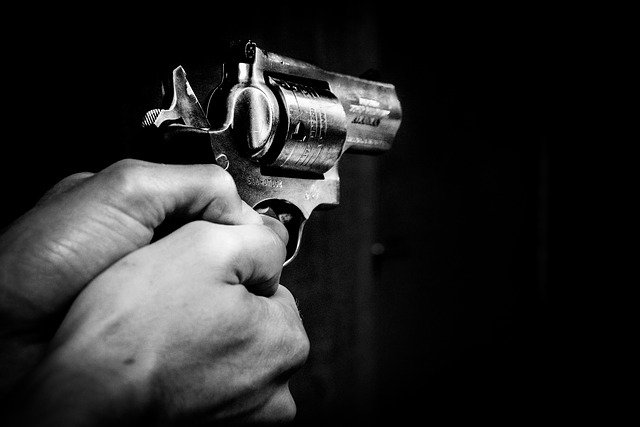With the ever-increasing gun violence in America, many people are now asking the question: “What is the appropriate age to buy a Gun?” This is a fair question. Gun sales have been steadily increasing since 2008, and businesses such as Walmart and Dick’s Sporting Goods have recently announced they will stop selling guns to customers under 21 years old.

In the United States, “Under the Gun Control Act (GCA), shotguns and rifles, and ammunition for shotguns or rifles may be sold only to individuals 18 years of age or older. All firearms other than shotguns and rifles can be sold to individuals 21 years of age or older. Licensees are bound by the minimum age requirements established by the GCA regardless of State or local law. However, if State law or local ordinances establish a higher minimum age for the purchase or disposition of firearms, the licensee must observe the higher age requirement” [Source].
This aspect of 18 year-olds owning a gun is a shared sentiment by many countries where people at this age are treated as adults, and others refer to them as “young adults.” An 18-year-old is regarded as old enough to choose political leaders and participate in political forums when it comes to voting. In most countries, such ages will have finished high school and pursuing tertiary studies.
But in some states, the public transport systems only employ older people to drive buses and school vehicles, which means that 18-year-olds are still “immature” to handle such a task. For the military department, a gun is given to someone who has gone under military training and knows all the aspects of the guns they use in the field. The military wings have their criteria for issuing guns, and they stem from those who are eligible to join the sector.

So the question which remains is, “What age is appropriate to buy a gun?”. The popular answer will state “only those who are responsible,” but technology is yet to design a tool that measures one’s “responsibility” level. Mass shootings across the globe have been attributed to young people, like the Plymouth incident where a 22-year-old Jake Davison killed six people with a gun because of depression.
School shootings are prevalent globally, especially in the US, and the perpetrators are usually young who possess firearms or have access to one. This then challenges the notion of allowing an 18-year-old to buy a gun. In 2009, US major Nidal Malik Hasan carried out one of the deadliest mass shootings on American soil and killed 13 people in central Texas at Fort Hood. There are many incidents of this caliber where military personnel goes on a shooting spree among civilians. Soldiers are treated as the “most” responsible individuals who can possess a gun, which enabled some nations to sell guns at military bases. But these trained gurus are also prone to great irresponsibility with a gun which can cost many citizens their lives. This proves that both civilian and military people are humans, after all.
Other states perform a background check to determine if one qualifies to own a gun, focusing on a person’s age, state of mind, and mental stability. This is a commendable plan but still lacks assessing if a person is adequately “fit” to buy a gun. Cognitive development is essential for one to buy a gun, and it makes a lot of sense for “adults” to carry a weapon of destruction.
Since the agreed starting line of adulthood is marked at 18, these young people can own a gun, but stopping mass shootings or any misuse of guns is a struggle on its own. A popular saying concludes this issue well by saying, “a weapon is only as dangerous as the owner.”






































